Our memories are like dreams. They are a collection of moments, some of them formative and essential, others arbitrary and inconsequential, all of which contribute in some way to the person we end up becoming. That first kiss. A family camping trip. Your father teaching you how to drive. The first time you see your mother cry. They come back to us at random times, and in the most perplexing ways. While in the shower or on a long drive. When you find yourself distracted at work and staring into space. All of them have something profound to say, if only we took the time to listen. In The Fabelmans, Steven Spielberg distills and dissects those decisive childhood memories into a series of character defining vignettes, each one suffused with love and longing, and beautifully rendered in that golden glow of nostalgia.
Spielberg is so confident in the value of this story that he is unafraid to embrace the emotion and sentimentality that comes with the territory. The consequence of which is a movie that is complex and profound, and yet completely uncynical.
To Live in Order to Tell It
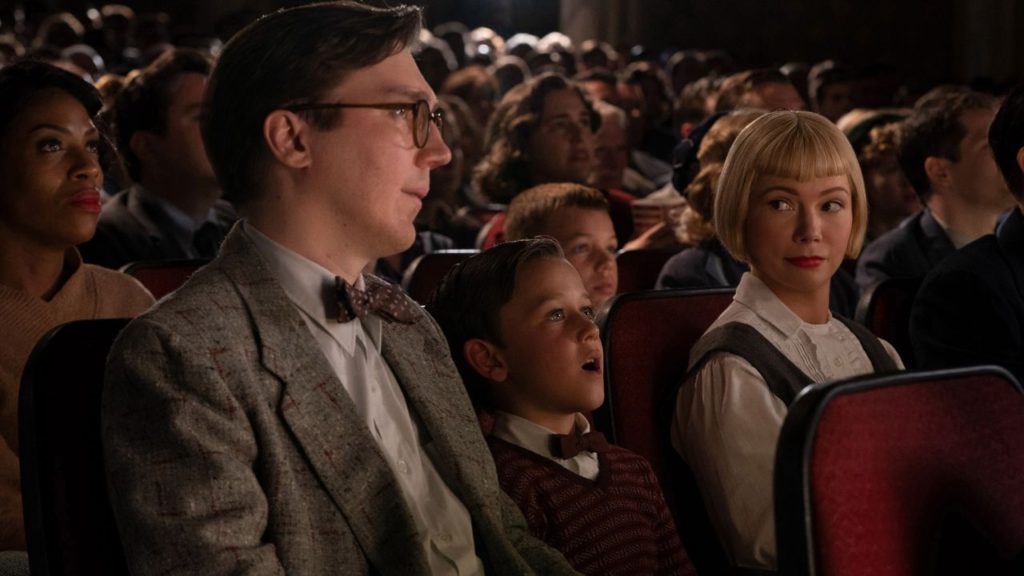
Here, the autobiography is presented by way of fiction. Which is a fitting avenue for a director who has spent a lifetime believing that there is no human experience that cannot be transformed into a beautifully composed film. This is the story of the Spielbergs as told through the eyes of the Fabelmans. Of a young Sam whose life skews very closely to that of a young Steven. He too is a boy who discovers a passion for cinema and filmmaking as his family grows in disfunction and begins to collapse around him.
We begin with Sam’s (and Steven’s) earliest memory of cinema, of being a young boy, going to the movies for the very first time, and feeling awestruck and utterly terrified by what he sees in DeMille’s The Greatest Show on Earth. Determined to recreate that seminal train crash with his toys as a way to understand and take control of his fear, Sam embarks on a journey of making home movies. His mother recognizes his genius and encourages him wholeheartedly, while his father constantly reminds him that “hobbies” should remain “hobbies.”
We follow Sam as he grows into a teenager who is constantly wrestling with a passion for his art and a responsibility towards his family. As he wrestles with the slow and steady demise of his parents’ marriage, we jump around and bear witness to all of life’s footnotes that inspire him and his filmmaking. But this isn’t a movie about how Sam Fabelman grows up to be a great director. All of that is merely a backdrop for a story about the vagaries of love, the difficulties of parenting, and the struggles that come with being a child. This is a movie about infidelity and divorce. About bullying and antisemitism. This is a movie that’s about the weight of genius and the toll it exacts. It is an idea that is explored not just through Sam and his filmmaking prowess, but also by way of his father, Burt, who is a singularly skilled scientist and engineer.
Gabriel LaBelle is excellent in the role, playing Sam as a fully rounded and distinct character, while still reminding us that he is also a surrogate for a young Steven Spielberg. Michelle Williams and Paul Dano, who play Sam’s parents Mitzi and Burt, deliver two of the most nuanced performances you will see this year, tempering every one of their reactions, and focussing on those subtler internalized emotions that are rarely conveyed on screen. And then there’s Judd Hirsch, who shows up in one of those Oscar-worthy cameos as Sam’s estranged granduncle, to deliver an unforgettable monologue on the sacrifices that an artist needs to make in order to create.
With each and every one of these characters – some happy, some not, some merely convincing themselves that they are – Spielberg delicately balances his tendency towards the romantic with enough sharp notes to give The Fabelmans a quiet edginess.
Magically Real
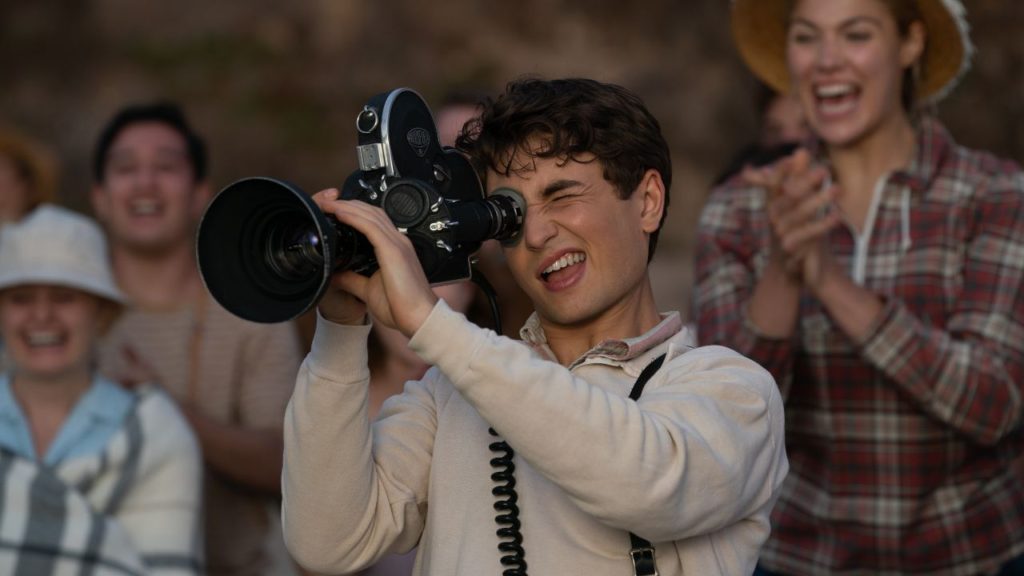
This entire movie is a well-calibrated performance by a director who knows how to capture every anecdote and burnish it into a perfect moment, that’s rich in language, and just dripping with atmosphere.
Writing and directing your own biopic is a tricky proposition. But Spielberg manages to avoid the sort of bittersweet cloy that often plagues these sorts of endeavors. While there is an undeniable vulnerability in this investigation of his past, having it fictionalized into the life of Sam Fabelman allows him the distance he needs to keep it somewhat restrained.
Spielberg knows that we are all unreliable narrators of our own stories and rooting his in this fiction is also a profound statement on the nature of cinema and the power it has to change the way we see ourselves.
This movie is a glorious reiteration of Steven Spielberg’s view of the world, both as an individual who is constantly seeking magic, and as a filmmaker who is unable to distinguish life from poetry. The Fabelmans demonstrates how he has spent his career using cinema to reconfigure the world to what he wants it to be.

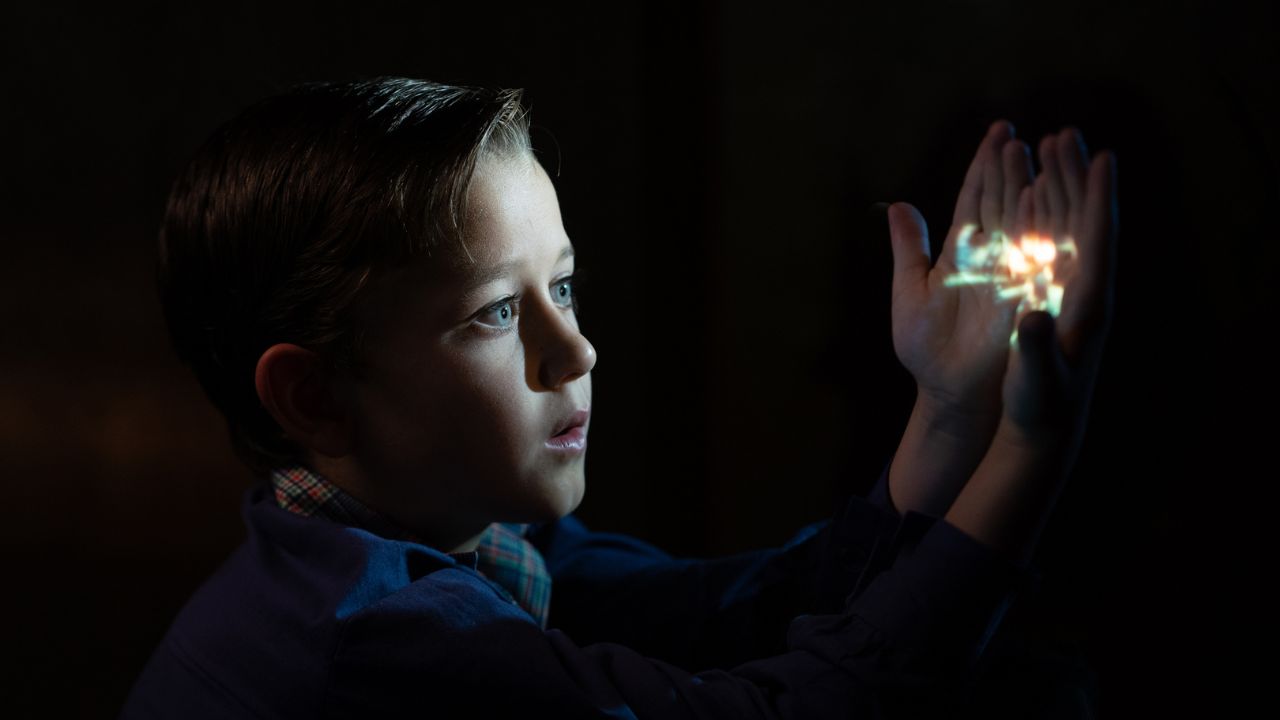
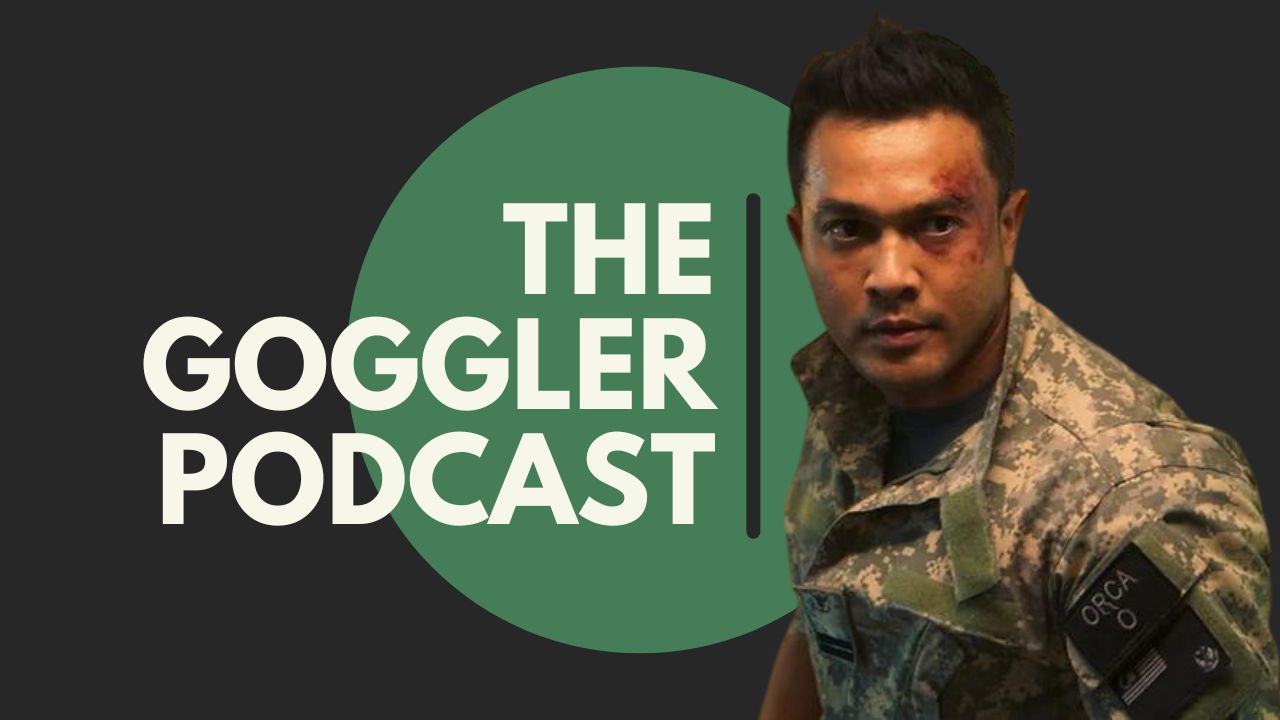
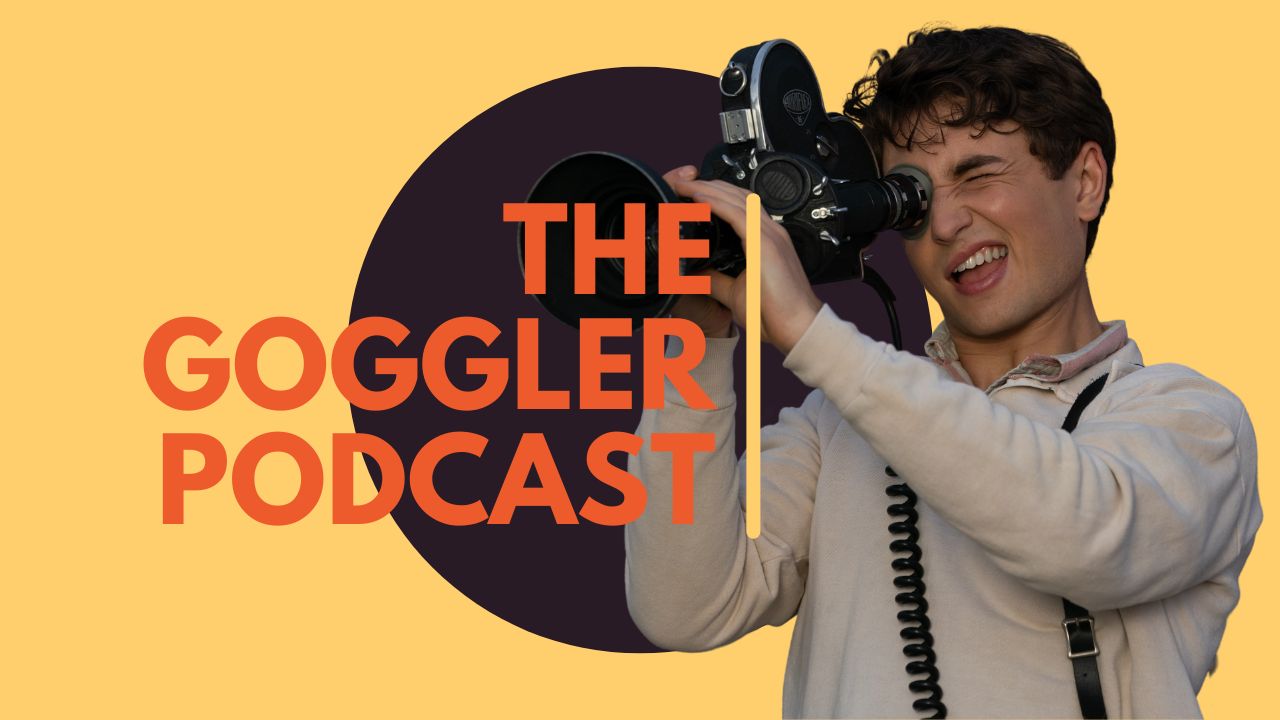
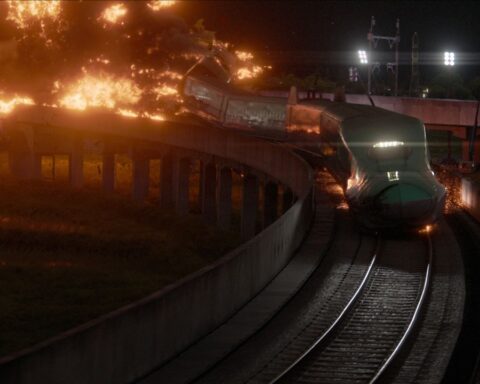


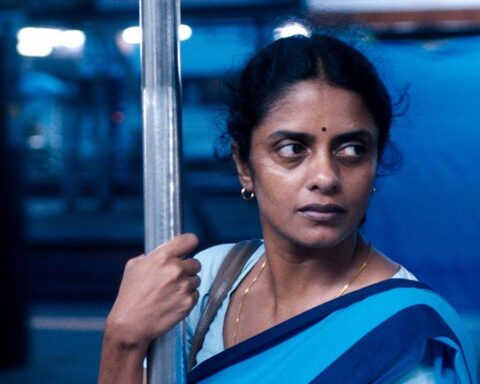

Follow Us